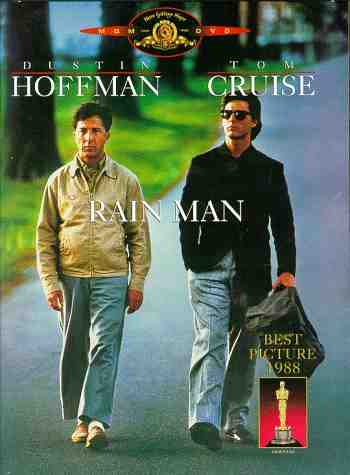While reading through the introduction of Frye's book(because that's as far as I have made it) I chose a passage that seemed quite like something I have heard from Dr. Sexson at least twice if not a million times. It is the last paragraph beginning, "Naive induction..." on page 16 and it ends in the middle of page 17. The entire paragraph brings up some intriguing thoughts but I would like to focus on the latter half of the passage, since I am the girl from classical lit or whatever that Golden Ass class was!
"...as we find the primitive formulas reappearing in the greatest classics-- in fact there seems to be a general tendency on the art of great classics to revert to them." This statement is true as I have learned time and time again in my daily life. Ever since the idea that the classics are living today and have been told at least once before was introduced to me, I have been consumed by it! Giving this statement some credibility does not take much either. How many movies have been made and remade about Shakespearean plays in your life, in the last century, in the last few years? I didn't google it, but I can think of at least 10 off the top of my head! We are still learning this man's history and studying him today. We have classes dedicated to his works. The stories are built out of the formula of words. You can tell the same story ten different ways and still get the same message across to the audience.
"This coincides with a feeling we have all had..." This sentence in its entirety sums up my entire attitude about college and what it does to me everyday. We want to be interested therefore entertained by what we read. When there are many turns, twists, and unexpected things in a story it will captivate it's reader, if those are captivators are used to the writers advantage. Who is to say what one person will like compared to another? We may not like reading the original manuscripts of Shakespeare unless Middle English is your thing, but we can enjoy his work.When people like ideas they are talked about and others want to know what is going on. Word of mouth is bound to make literature well read and liked. If it is that good... just about EVERYONE in the world will come into contact with the work at one point in time, in some form or another.
NOTES
centripetal- goes in-- stays inside the text
centrifugal- goes out-- brings in sources outside the text such as author, history, intent and other criticism
Dr. Sexson summed up Frye in one line: "All literature is displaced myth." He also told us, "this class is an apology for literary criticism." I assume that apology part is instructions for reading Frye and what it all means.
We should ask not what a piece of literature means, but what it IS.
"If you put lipstick on a pig its still a pig!!!


"
(picture on left: pig with lipstick, pic on right: the "very same" pig with no lipstick)
Stages of Anatomy of Criticism
1. myth
2. romance
3. the high mimetic mode
4. the low mimetic mode
5. ironic
"All of life is an affair of the weather." --Did anyone catch who said this? I looked everywhere!

 ental abilities. To learn more about savants here is a website. http://www.wisconsinmedicalsociety.org/savant_syndrome/
ental abilities. To learn more about savants here is a website. http://www.wisconsinmedicalsociety.org/savant_syndrome/